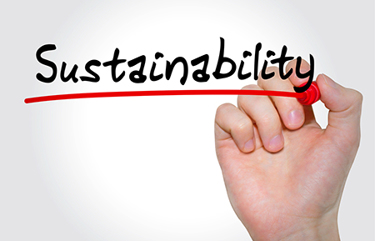Using Filtration Technologies To Improve Sustainability Initiatives
By Ken Belau, North America SLS Manager

If your food or beverage brand hasn’t considered ways to become more sustainable, it should start. Sustainability initiatives not only help save the environment, but also drive consumer purchasing decisions. According to a 2020 Euromonitor Lifestyles Survey, more than a quarter over those surveyed said they boycott brands that do not align with their ethical values. This means communicating sustainability strategies is starting to play an increasingly important role in a business’ success.
A 2019 article in Harvard Business Review states that products that had a sustainability claim on-pack accounted for 16.6% of the market in 2018, up from 14.3% in 2013, and delivered nearly $114 billion in sales, up 29% from 2013. The biggest takeaway from the study: “products marketed as sustainable grew 5.6 times faster than those that were not.”
So how can you make your brand more appealing to consumers?
One way to start is to look at your current manufacturing processes to identify areas of improvement. In your site’s current state, can you confidently claim that the technologies you use minimize waste, optimize energy efficiency and reduce water consumption?
Even if you are already employing sustainable methods in your processes, filtration technologies can still bring further improvements. For example, did you know that filtration technologies can improve your overall process efficiency and reduce your OPEX, thus supporting more sustainable manufacturing practices? It’s worth investigating the options available, such as using membrane-based filtration systems to achieve optimal results.
Get unlimited access to:
Enter your credentials below to log in. Not yet a member of Food Online? Subscribe today.
